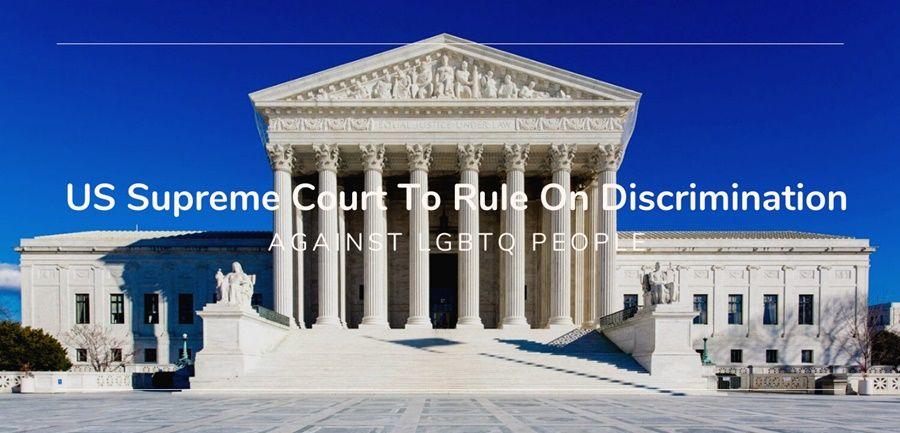
How will the rights of LGBTQ parents wishing to welcome children into their homes evolve?

How will the rights of LGBTQ parents wishing to welcome children into their homes evolve?

Pennsylvania may be on the verge of banning discrimination against LGBTQ people.
The Biden Administration has been a pro-LGBTQ decision making force in the United States. I'm excited that LGBTQ rights are being pushed forward and we're seeing all these great changes happening!
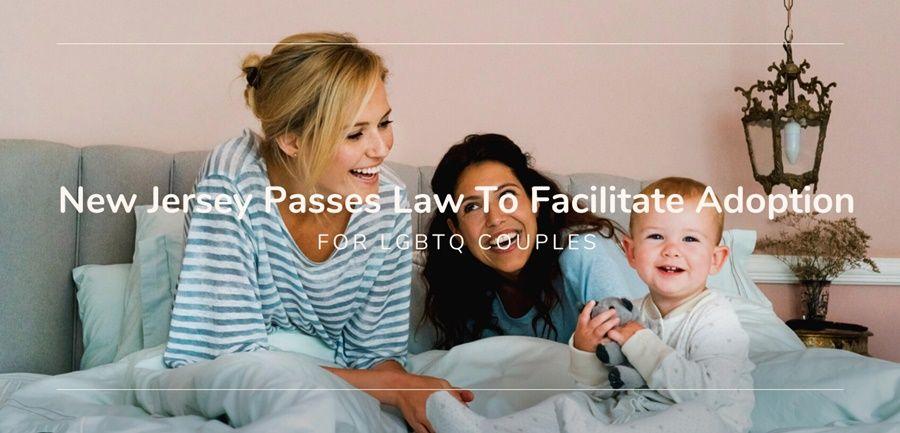
The adoption process has been difficult, very lengthy and very costly for LGBTQ people in New Jersey so far. A bill has been approved to facilitate access to adoption for LGBTQ parents who have used donor genetic material to have a child.
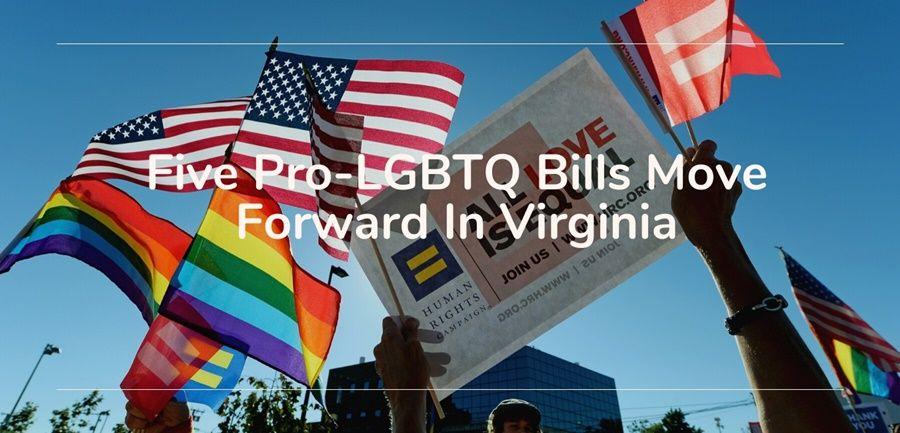
The Democratic Party regained the majority of both houses in Virginia in the 2019 election. A few days ago, five pro-LGBTQ bills were introduced to the legislators.
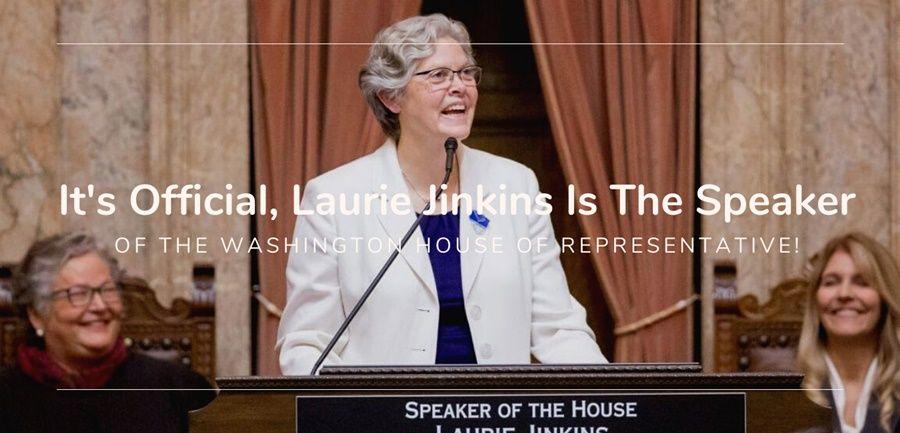
At 55, Laurie Jinkins became the first woman and also the first lesbian Speaker of the Washington House of Representatives. Elected last year, she took office on January 14, 2020. She succeeds Representative Frank Chopp.
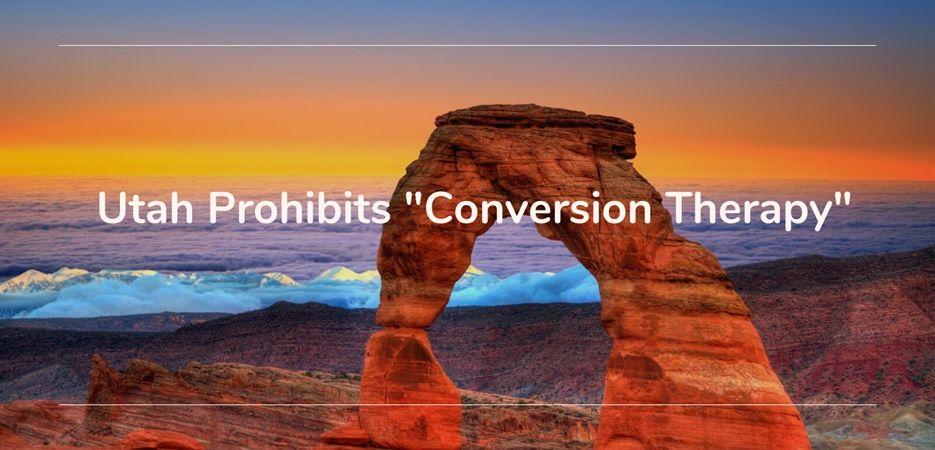
Here’s another victory to add to the list of LGBTQ rights in the first month of 2020! Utah approved the “conversion therapies” ban!

Tennessee lawmakers are beginning the new year by increasing discrimination against LGBTQ families.
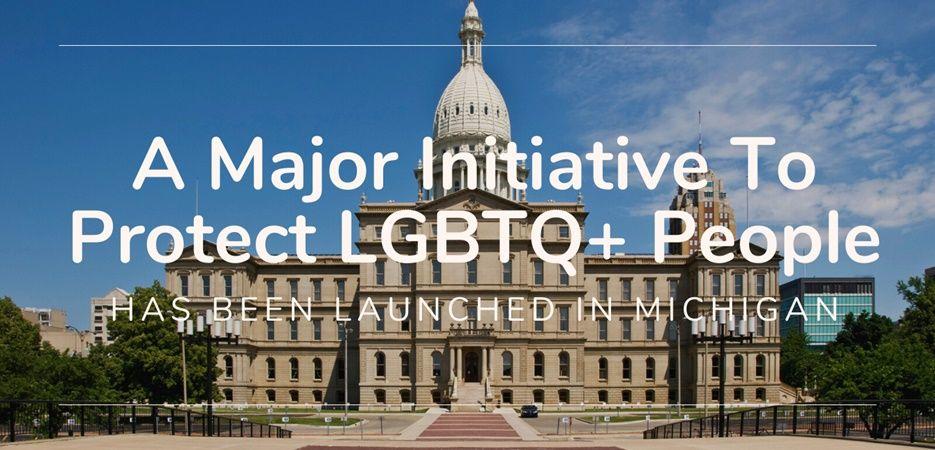
In 2018 the Michigan Department of Civil Rights reported 44 cases of discrimination against LGBTQ+ individuals.
However, the Elliott-Larsen Civil Rights Act introduced in the state in 1976 doesn’t protect LGBTQ people. The listed categories that are protected from discrimination are religion, race, color, national origin, age, sex, height, weight, family status, and marital status.
Therefore, as you can see, there is no protection based on sexual orientation and gender identity.

After Minneapolis and Duluth, Minnesota recently banned “conversion therapies”, Utah could prohibit it too.

In 2011, the city of Holland, Michigan has already tried to include the LGBTQ community in the anti-discrimination ordinance, but it didn’t work. The bill was rejected by a 5-4 vote.
This time there is a new mayor in town, Nathan Bocks, who is in favor of the amendment.
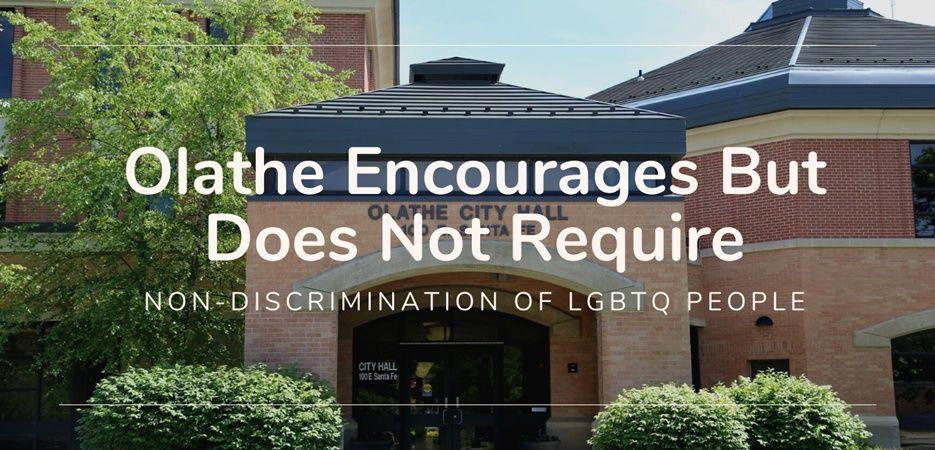
In Kansas, Olathe City Council was to consider a non-discrimination ordinance for LGBTQ people.
This was an opportunity to promote equality and diversity while providing protections against discrimination based on sexual orientation and gender identity. In this way, all Olathe residents would feel that they were living on an equal footing. That was the plan.

There are some super positive things going on in Minnesota and it feels good at the end of the year, especially as we’re going to be tipping into the presidential elections in 2020 that’ll probably be much less fun.

A few days ago I was telling you about Edmonton, Canada, whose city council has approved a “conversion therapy” ban. Today, let’s talk about Minneapolis, Minnesota, where the city has agreed to protect LGBTQ youth.

Senator Kamala Harris entered in the 2020 presidential campaign in January.
Like her political career, which propelled her from Attorney General to Senator of California, her campaign quickly placed her among the best Democratic candidates.
And I must admit that she was my favorite because she has long been a strong supporter of the LGBTQ community.
A few days ago, Kamala Harris made the most difficult decision of her life. She withdrew from the campaign, giving up her dream of becoming the first woman and the first black woman to be elected President of the United States in 2020.

Is the United States ready for a gay president? That’s what a new survey tried to find out.
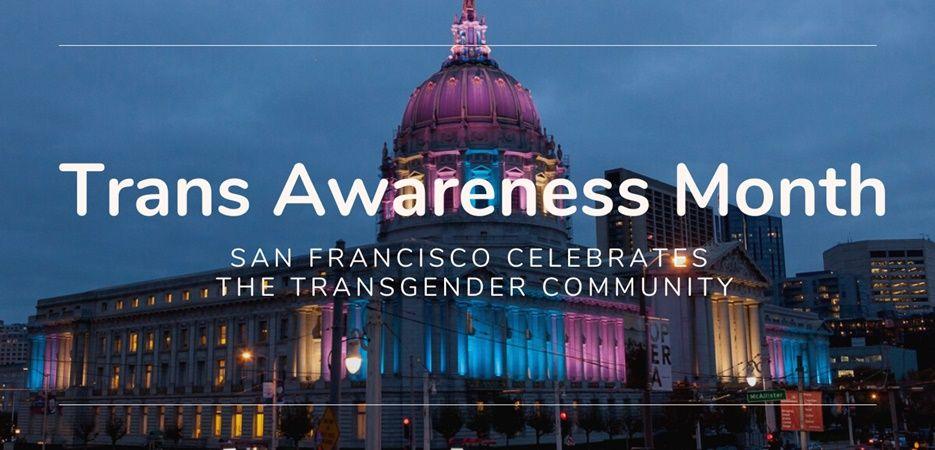
This is Transgender Awareness Month. We are both divided between the joy of celebrating the transgender community and the sadness at the too many murders that have taken place this year again.
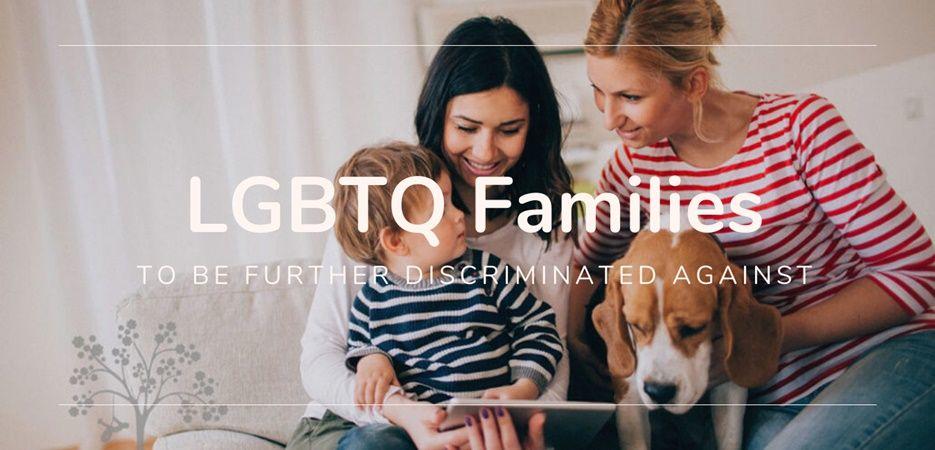
We can now see the first signs of aggravation of discriminating laws against the LGBTQ community, and more particularly against families.
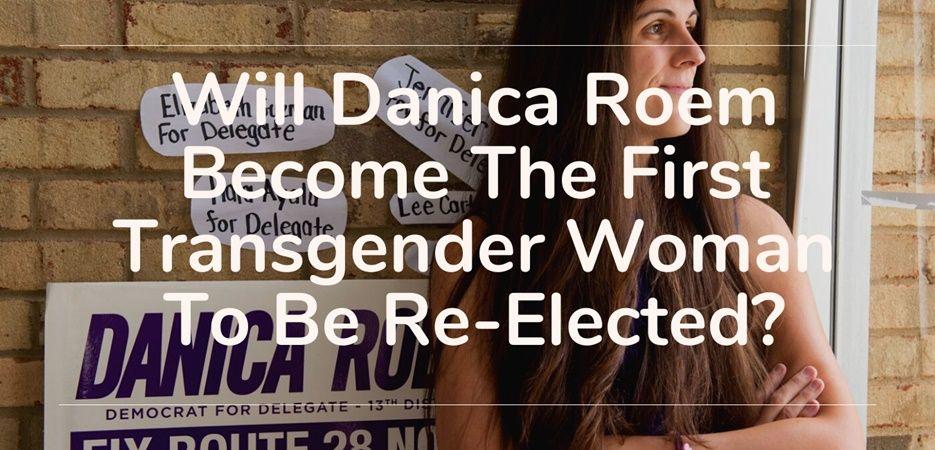
In 2017, Danica Roem became the first transgender woman to serve in a legislature, the Virginia one, and guess what? She’s running for office again!

Katie Hill, 32-year-old, became the first ever openly bisexual person to be elected to the U.S. Congress in the mid-term elections of 2018. It was a real pride for this young politician and for our community.